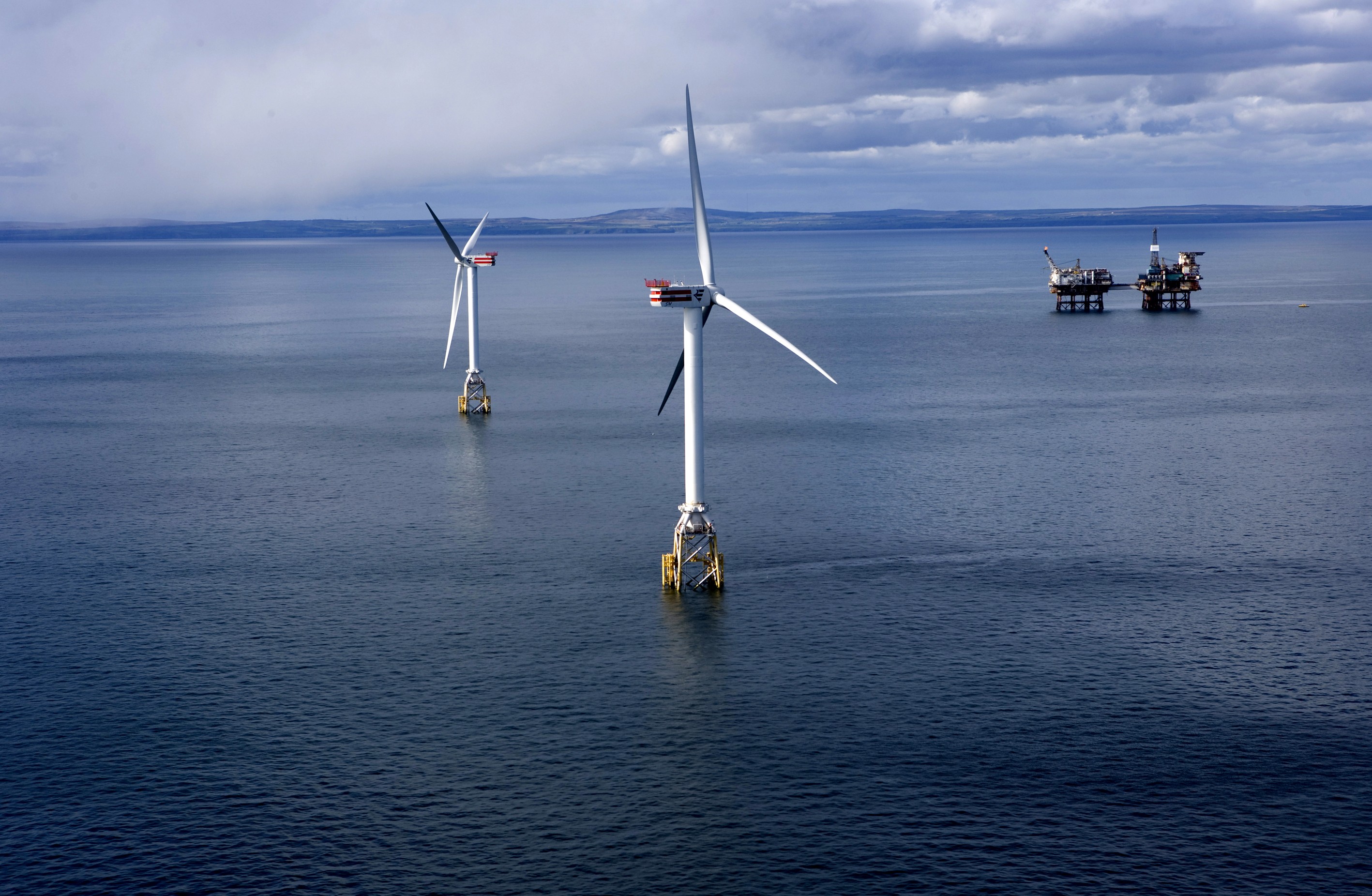North East and Moray project gain Just Transition Fund awards

A Just Transition Fund was a key commitment in the Bute House Agreement
Projects across the North East and Moray will receive a share of over £50 million to accelerate the energy transition and secure future jobs in the region.
A total of 22 projects will receive funding, including investments in research and innovation; new green skills training facilities; pilots for emerging energy technologies and projects that will get businesses ready for the supply chain opportunities to come from the energy sector’s transition to net zero.
The awards are the first from the Scottish Government’s flagship Just Transition Fund, which is investing £500m over ten years in the North East and Moray to support the region’s transition away from fossil fuels and towards a low-carbon economy.
First Minister Nicola Sturgeon said: “Aberdeen is the oil and gas capital of Europe. Let us resolve today to make it the net zero capital of the world. That ambition led us to establish the £500m Just Transition Fund for this region.
“Today I can announce the first 22 projects have just been awarded funding of more than £50m. These projects will support the production of green hydrogen, the development of wave and tidal technology, and even pioneer the use of waste from whisky to recycle EV batteries. And, they will focus on the skills our existing workforce need to take advantage of the renewables revolution.
“Incredible Scottish ingenuity here in the North-East, supported by the Scottish Government, developing technologies to tackle the global climate emergency. It is exciting, inspiring stuff.”
Minister for just transition, employment and fair work, Richard Lochhead, said: “Scotland is perfectly placed to lead the development of a green energy revolution. We are already at the forefront of the global development of offshore wind, as well as being world leaders in wave and tidal energy technologies. Others, such as hydrogen also promise to be game changers for our economy.
“As we embark on our energy transition we can build on the oil and gas industry’s expertise and ingenuity to transition to a clean energy future. This will help us achieve our net zero targets and create good green jobs as well as tackle inequalities in our society.
“The decades ahead must be a just transition and that means we must not leave anyone behind. We must ensure this economic transformation is managed fairly for workers in existing industries and the communities they support. I welcome the many ambitious projects that have come forward from North East Scotland and Moray as a result of our invitation to the region to co-design its future.”
A Just Transition Fund was a key commitment in the Bute House Agreement, the shared policy programme between the Scottish Government and the Scottish Green Party. This funding will enable new research projects in areas such as green hydrogen farming and nature-based solutions in the land use sector, as well as support for the construction sector to decarbonise and a pilot for solvent recovery from batteries.
John McDonald, CEO of OPITO, one of the successful recipients, said: “With UK offshore energy jobs forecast to grow to more than 211,000 by 2030, it’s vital we prepare and empower a diverse, agile and adaptable workforce, nurturing the skills we need in oil and gas, offshore wind, carbon capture and storage, and hydrogen.
“With a third of the UK offshore energy workforce based in Scotland, this is both a challenge, and opportunity for Scotland to be a leader in the energy transition. Supporting workers to get the training they need to transition from one sector of the offshore energy industry to another is essential.
“This critical funding will help deliver the Energy Skills Passport, a digital solution that will transform how offshore energy workers transition between sectors, while also meeting the commitments of the North Sea Transition Deal and several of the Scottish Government’s Just Transition Outcomes.”
Pat Rafferty, Unite Scottish Secretary speaking on behalf of the STUC, said:
“We warmly welcome the funding by the Scottish Government to support the operation of the energy skills passport.
“It’s vital to deliver a system where workers can easily make the transition between onshore and offshore energy industries. The passport will also streamline onshore and offshore training programmes to further enable workers to move between companies and industries.
“An important aspect of the passport will be that it will help identify to all stakeholders where there are skills gaps and shortages which can shape appropriate policy responses so that we can deliver a Just Transition and net zero economy.”




















